“In these haunting poems, a woman ‘stands between/wild brush and a garden/between two natures:/she’s rooted in a green life/giving over to the cold.’ Her desire is both to ‘taste what’s put in front of you’ –especially what’s at the edges; the burn of whiskey in New Orleans, the taste of home-ground cornmeal in a peasant woman’s kitchen–and also ‘the urge to be gone from all you know.’ These dual urges, towards fuller and more abundant life and towards the peace of dissolution, find their ultimate expression in the myth of Persephone, where Henry connects her contemporary longings to the ancient story, inhabiting the voice of each character in turn. Delicate, strong, full of longing and heart, these are nourishing poems for difficult times.”
–Alison Luterman, poet and playwright whose works include Desire Zoo, The Largest Possible Life, and See How We Almost Fly, and the plays and musicals Saying Kaddish with My Sister, Oasis, The Chain, and The Shyest Witch.
“A Heraclitian fire runs through this collection by Karen Henry. It flashes out in the closely observed flinty frictions of the physical world: ‘This morning gorse is dipped in frost/ like sparklers with their hard coats/ready to burst with fire/if the sun hits them’ (Frost Fire), and its transmutation of elements of love, family, nature, and dream is beautiful and fierce. Bravery to live fully in the urgency of the burning world is expressed through a controlled burn to clear scrub around a rural homestead: ‘When you stare/into the orange heart of fire/sinking into grey ash/do you remember/the burns when we were young/and our children shrieked/at the burst of embers/flying high?’ (The Burn). But the empathy of this poetry reaches to more searing perceptions of the entanglement of love and suffering: ‘He cherished what remained/each time something new/was burned away’ (You Drift). From this map of the burn, we move into poems of myth and dream where image melts through image in dreamsongs of dislocation and enigmatic displacement. A reader is left with a sense of a courageous precision, the wake of the narrator’s red kayak after the dock has been pulled away, the patience to stay fully awake and open to the oxidation of the present moment: ‘Her English matches my Spanish./We talk in present tense/even about the past.’ (Figures on the Edge- Elda).”
–Judson Evans, poet, visual artist, and Professor of Liberal Arts at Berklee College of Music, whose works include Mortal Coil: A Selection of Haibun, and lyric poems, haiku, and haibun, featured in Cutbank, The Sugar House Review, and The Haiku Anthology among other collections and journals.
“Karen Henry’s All Will Fall Away reinforces the faith in poetry’s power to evoke the mystery, beauty, and complexity of existence enriched by myth. The poems straddle the line between highly personal and universal. Many are addressed to a nuanced and yet unspecified “you” inviting us to “taste the chicory and the gumbo/the sweet meat of the bottom feeders/the crawfish scrabbling in the silt…” These poems are subtle, carefully crafted invitations to rejoicing in the day-to-day suffused with a sense of time and its continuance.”
–Grey Held, visual artist and poet, whose works include the poetry collections Spilled Milk, Two Star General, and WORKaDAY.

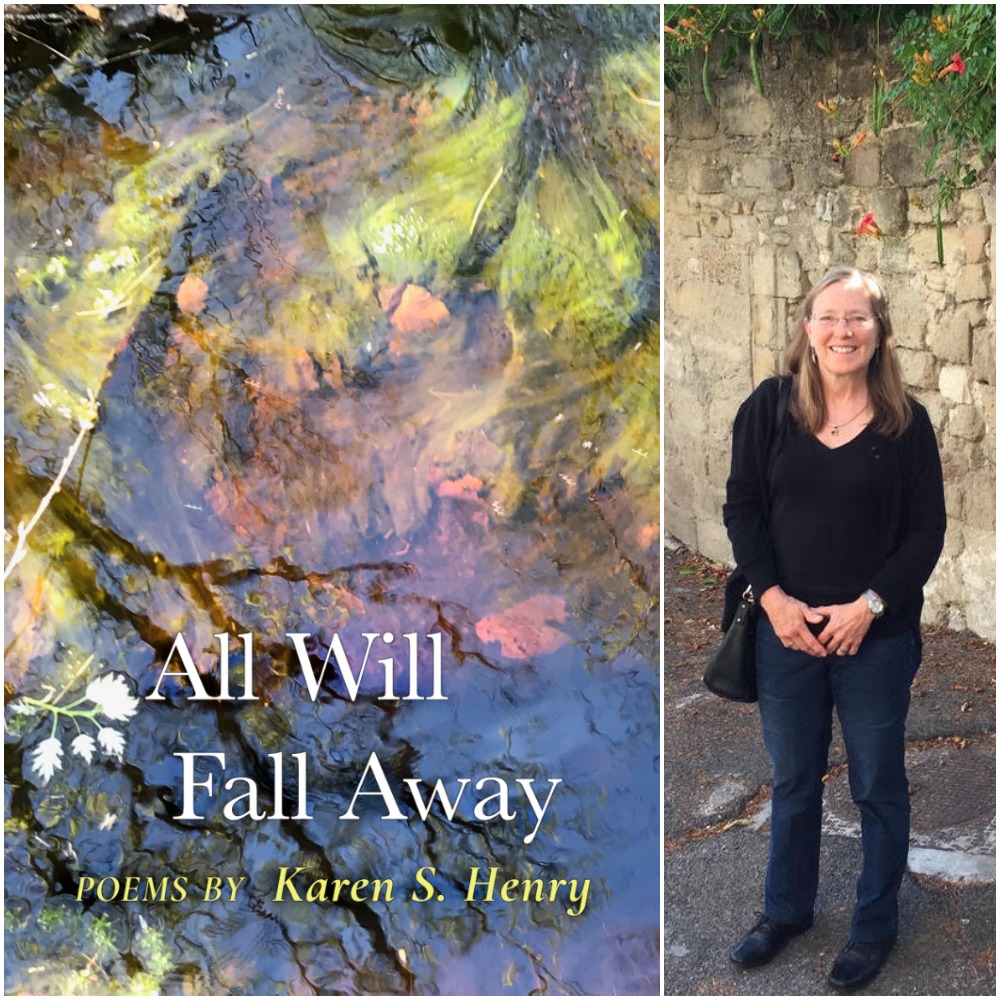
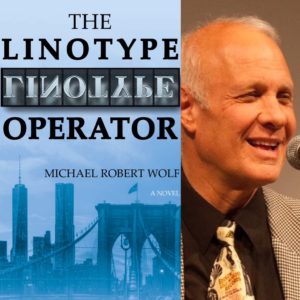
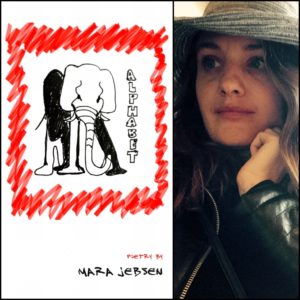
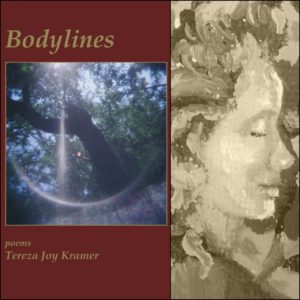
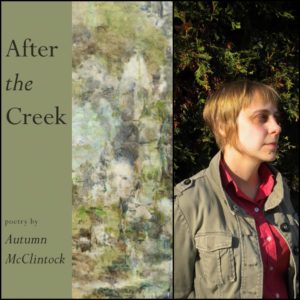
Reviews
There are no reviews yet.